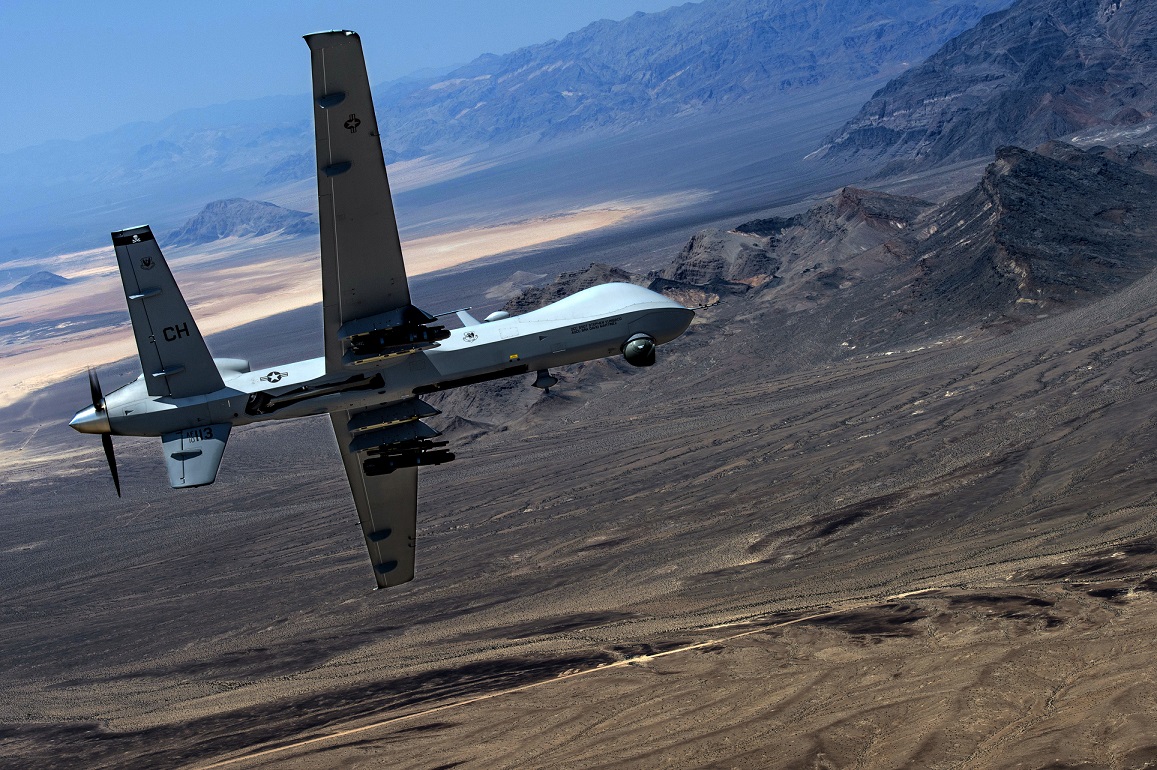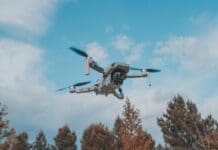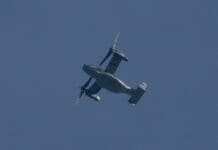
This post is also available in:
 עברית (Hebrew)
עברית (Hebrew)
Artificial intelligence (AI) dramatically enhances the capabilities of autonomous systems. The US Joint Artificial Intelligence Center (JAIC) has recently signed a smart sensor contract with General Atomics Aeronautical Systems (GA-ASI) designed to boost the autonomous sensing capabilities of unmanned aircraft. The technology will be used on the MQ-9 Reaper unmanned aerial vehicle.
The JAIC founded by the US DoD was founded in the belief that advances in AI technology will rapidly change the character of warfare. The Department of Defense must rapidly adopt AI technology to field the military.
The new project aims to advance AI technology with the showcase of object recognition algorithms with an unmanned aircraft, as reported by airforce-technology.com.
Additionally, it will use on-board AI to operate the sensors of the aircraft and direct autonomous flight.
The company said the $93.3m contract will dramatically increase unmanned systems capabilities for applications across the full range of military operations. The technology will be used on their MQ-9 Reaper Remotely Piloted Aircraft, which features different sensors, such as its Reaper Defense Electronic Support System (RDESS) and Lynx Synthetic Aperture Radar (SAR). The MQ-9 will be commanded using the company’s Metis product.
























